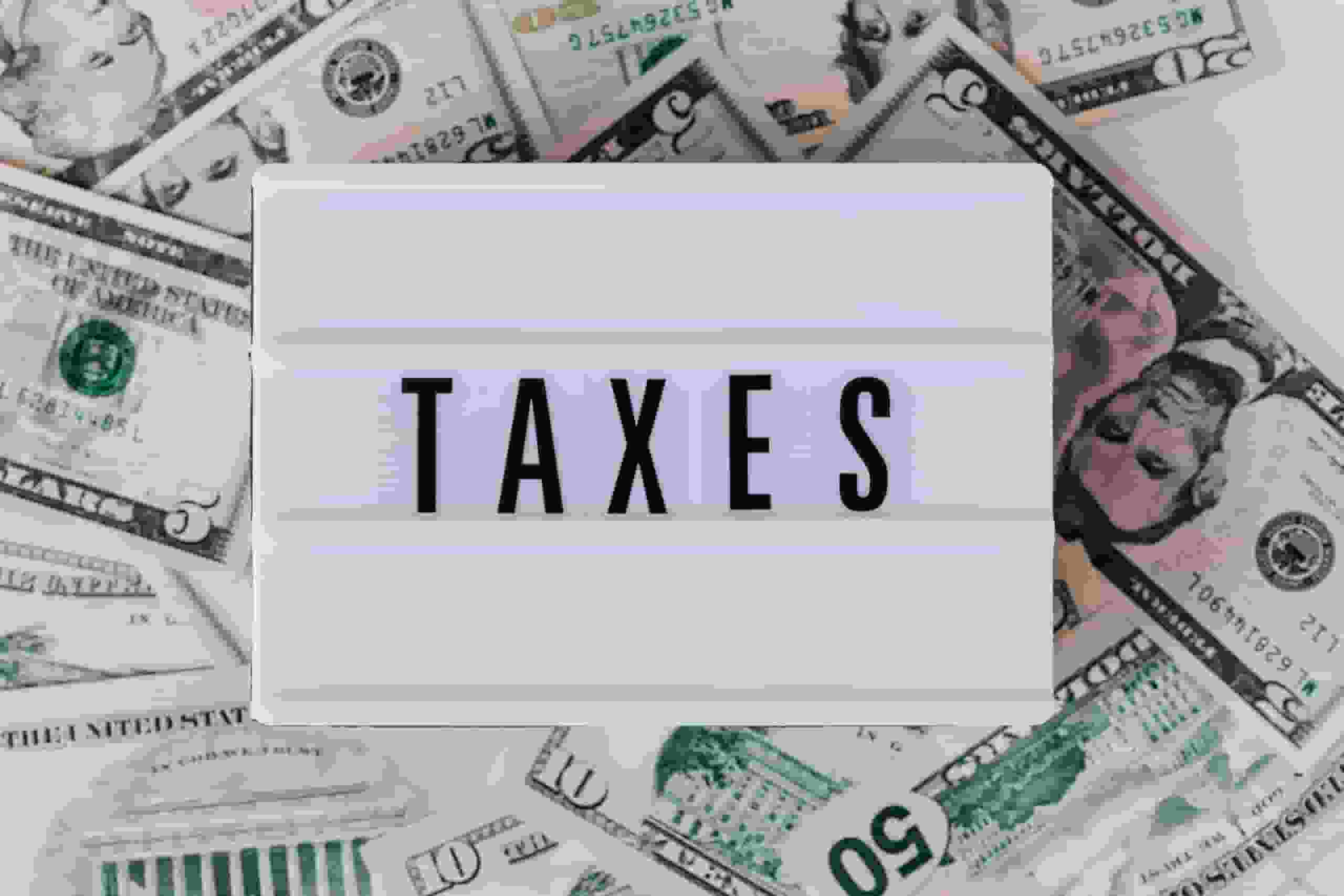
If you have not yet filed your 2019 tax return with the Internal Revenue Service, you may be eligible for hundreds of dollars.
The IRS reports a staggering $1.5 billion in unclaimed tax refunds from the 2019 tax season, with the average refund amounting to $893. You must submit your taxes by July 17, which is later than customary due to pandemic-related extensions.
Submitting 2019 Tax Return
“It doesn’t make sense to leave money on the table,” says Riley Adams, a certified public accountant and the proprietor of the financial literacy website Young and the Invested. If you were not required to file a tax return for that year, you may be unaware that the IRS owes you money, he says.
Individuals who qualify for the Earned Income Tax Credit (EITC) are eligible for an even larger reimbursement of up to $6,557. Here’s what you need to know about the ETIC and other notable tax credits, as well as the 2019 tax forms you’ll need to file your taxes.
If you did not earn a significant amount of money in a given year, you are exempt from filing a tax return. In 2019, this threshold, known as the standard deduction, was $12,200 for single filers and $24,400 for married filers filing jointly. Even if you were not required to file a tax return, your employers may have overpaid your taxes, making you eligible for a refund.
You may also be eligible for certain refundable tax credits, which are paid in cash if they exceed the amount you owe the IRS. In 2019, a large number of tax filers qualified for the EITC, a credit for low- to middle-income earners who made less than $50,162 for single filers and $55,955 for joint filers. Unfortunately, the IRS’s interactive eligibility tools for 2019 tax credits are no longer active, but you can use this IRS page to determine if you qualify for the EITC.
Read more: IRS Updates, Changes in Processing: Here’s Everything You Need To Know About Your Tax Return 2023!
How Much Can I Receive?

Adams, citing IRS data, asserts that approximately 20% of individuals eligible for the earned income tax credit do not claim it. Those individuals may be missing out on a substantial amount of money. The utmost Earned Income Tax Credit (EITC) amounts for 2019 are as follows:
- $529 without children who qualify
- $3,526 for one minor who qualifies
- $5,828 for two eligible offspring
- $6,575 for three or more eligible minors
You may also be eligible for a partially refundable child tax credit of $2,000 per qualifying child. You are eligible for the complete 2019 credit if you earned less than $200,000 as a single filer or $400,000 as a married couple filing jointly. For both single and married filers, the credit is reduced by $50 for each additional $1000 over the thresholds.
And keep an eye out for the American Opportunity Credit for education-related expenses incurred during the first four years of postsecondary education. It is 40% refundable, and its utmost credit per student is $2,500. On the IRS website, you can learn more about its eligibility requirements.
Therefore, you must transmit your 2019 tax return to one of the addresses listed on this IRS webpage. Adams says that if you use tax software, you can print out your completed tax return and send it directly to the IRS.
Employ a tax professional to prepare and submit your tax return. And if you’ve misplaced 2019 financial documents such as W-2s and 1099s, you can retrieve them from the IRS transcripts webpage. The IRS provides access to 2019 tax forms via the “Prior Year Forms and Instructions” webpage or by dialing 1-800-TAX-FORM.
Read more: Social Security Benefits: Why Payments Late Might Be More Beneficial?

